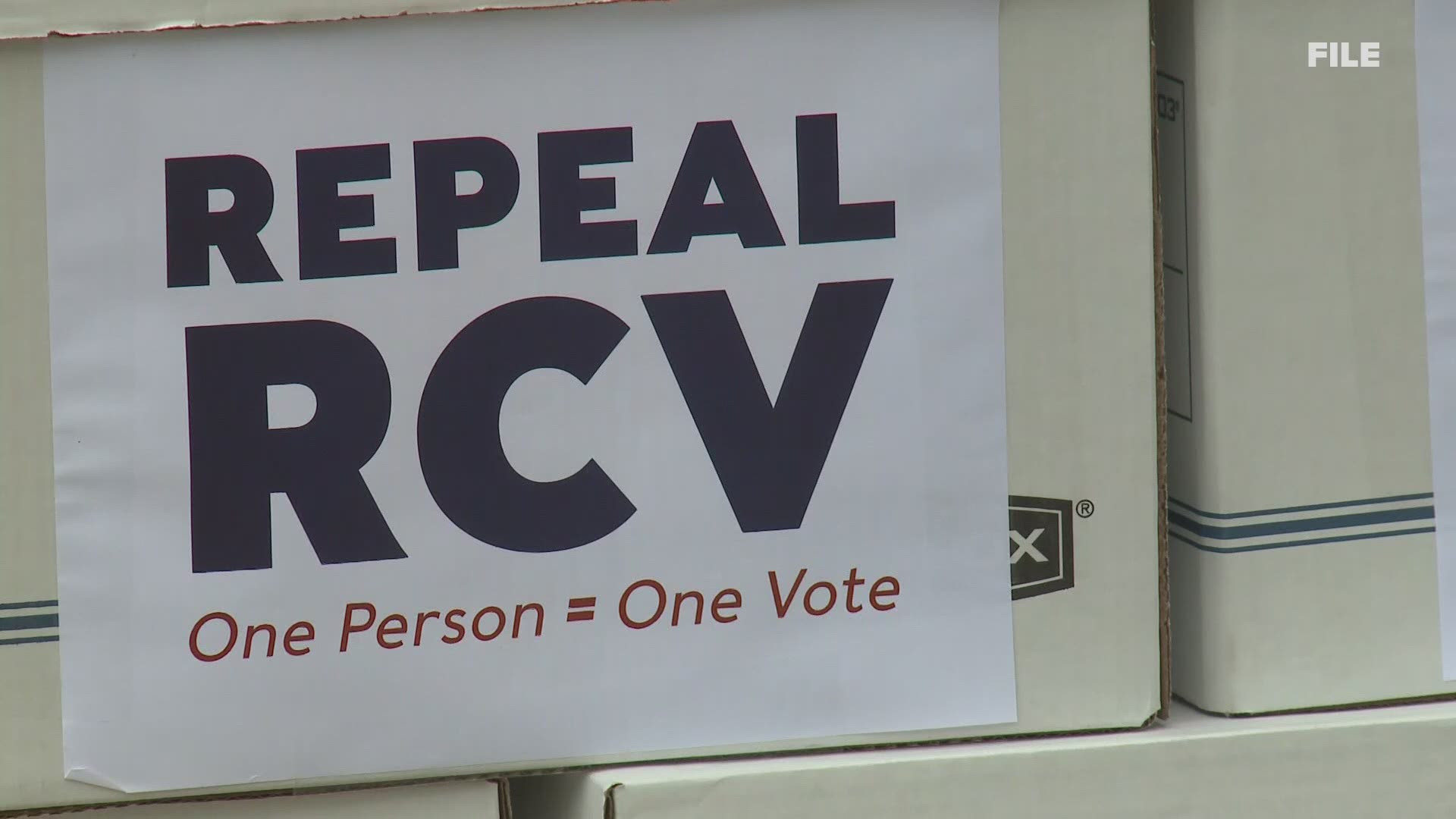PORTLAND, Maine — The fate of ranked-choice voting (RCV) for president in the upcoming election is in the hands of the Maine Supreme Court.
The issue at hand—nearly one thousand signatures originally excluded by the Secretary of State because they failed to be collected by a registered voter as required by the Maine Constitution.
The petition circulators appealed, and a Superior Court Judge ruled that the rule is at odds with the federal constitution, and ordered that the signatures be counted.
That ruling put the petitioners over the number of signatures needed to put the question on the November ballot, blocking the use of RCV in the presidential race.
On Thursday, Maine’s supreme court heard 11th-hour arguments aimed at stopping a GOP-led referendum on ranked-choice voting and allowing the voting system to be used in the November presidential election.
Secretary of State Matthew Dunlap contends the GOP fell short of collecting 63,068 valid signatures for the November ballot. But the threshold was surpassed when a judge allowed 988 signatures from two people who didn’t register to vote until after they began collecting signatures.
Dunlap contends signature-gatherers must be registered to vote before they start collecting signatures from voters.
Assistant Attorney General Phyllis Gardner says, "The Secretary is likely to succeed on the merit of the impending appeal warranting an issuance of a stay. Because the superior court erred as a rule of law in its reading of the Maine Constitution."
But Patrick Strawbridge for the petitioners argues, "The court has long emphasized the people's veto process represents an integral part of the State's legal framework and reserves sovereignty of the people over their elected officials. This court has made clear that both constitutional and statutory provisions need to be construed to facilitate and not limit that right."
According to the Secretary of State, the timing of the court's ruling is urgent because they need to print up ballots to mail out by the beginning of October.
While the law court has 30 days to decide the case, it is expected that they'll rule more quickly.
Maine would become the first state in U.S. history to use ranked-choice voting for president if it's able to use the method.
The Maine Secretary of State says he's unable to comment on pending litigation.

